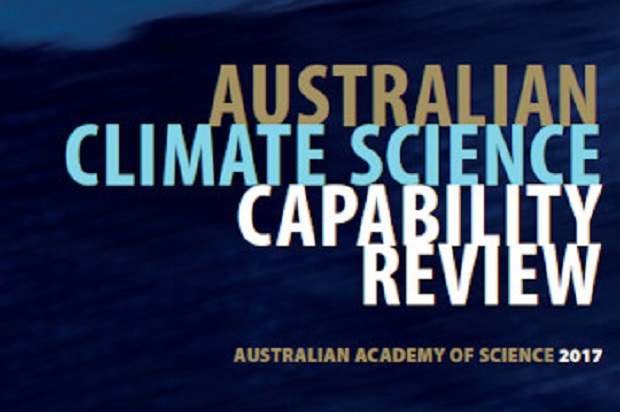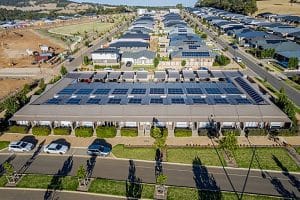Australia’s climate science research sector is world-class, but risks falling behind global efforts in areas such as climate modelling.
That’s according to a new report from the Australian Academy of Science. The report found the nation must improve coordination of climate science programs among research bodies and universities.
The review surveyed the performance of Australia’s climate research agencies and centres,. These include the Bureau of Meteorology, CSIRO, the Australian Antarctic Division and universities.
Climate science sector under-resourced in vital areas
Only 420 dedicated climate scientists work across all Australian universities and research agencies. This means domestic end users and national organisations can no longer access necessary climate and weather information.
Academy Fellow Professor Trevor McDougall led the review. He said Australia’s climate research sector is a fraction of the size of those in America or Europe.
“But we cover most of the Southern Hemisphere in terms of climate modelling and understanding.”

In addition, the report found under-resourcing had led to significant weaknesses in areas such as climate model development.
Professor McDougall said as a country we are falling behind in providing national climate data such as the modelling of two-way human/climate interactions. Despite this, many of our universities were considered world leaders in the field.
This includes the Australian Community Climate and Earth System Simulator (ACCESS) program. ACCESS is a CSIRO/Bureau of Meteorology collaboration using earth system modelling to build specific weather and climate models for Australia.
Review recommends increasing climate science workforce
The CSIRO shed 275 jobs – mostly from the climate-oriented Oceans and Atmosphere Division – after copping a $110 million funding cut in the Abbot Government’s 2014 May budget.
This critical under-resourcing means Australia’s climate models are failing to keep pace with world’s best practice, the review states.
In order to address the issue, the report recommends around 30 new climate modellers and scientists be employed over the next four years.
“These capability requirements are brought into sharper focus when you consider that our country is potentially more exposed to the impacts of climate change than most developed nations,” Professor McDougall said.







































